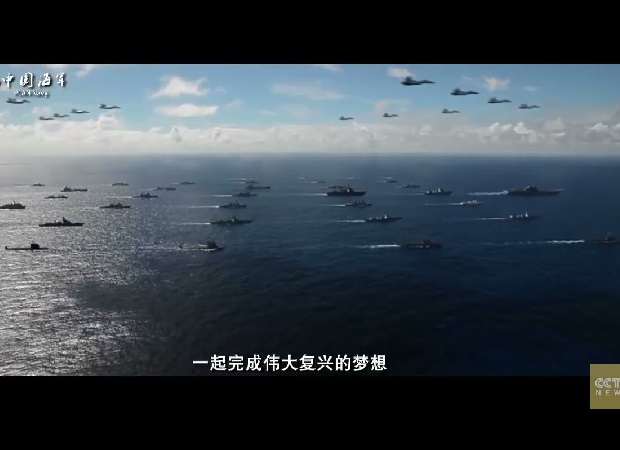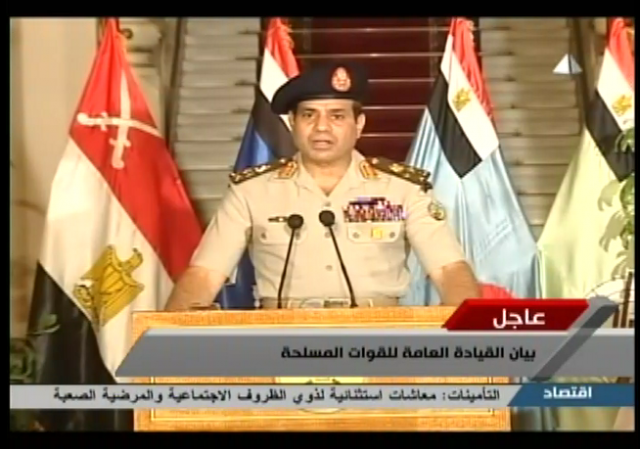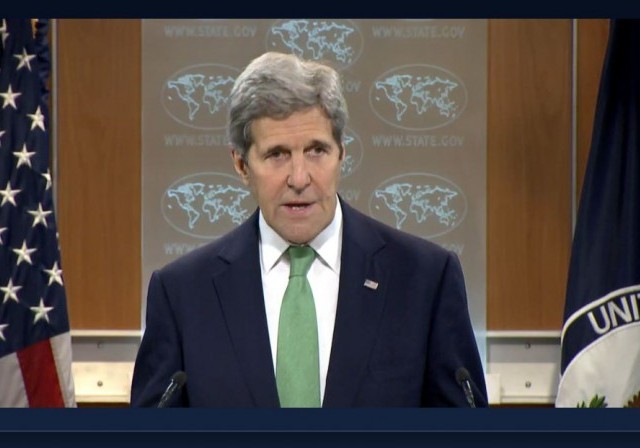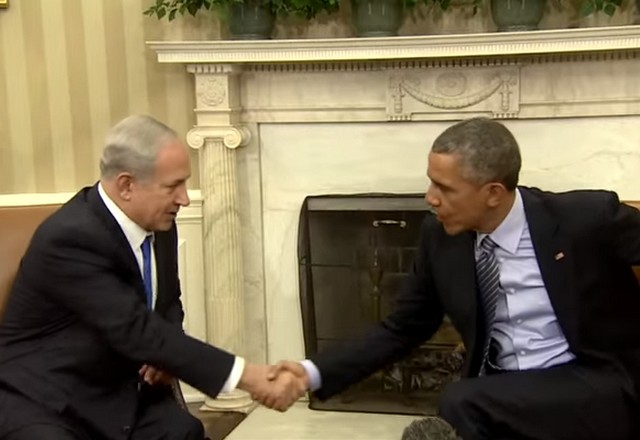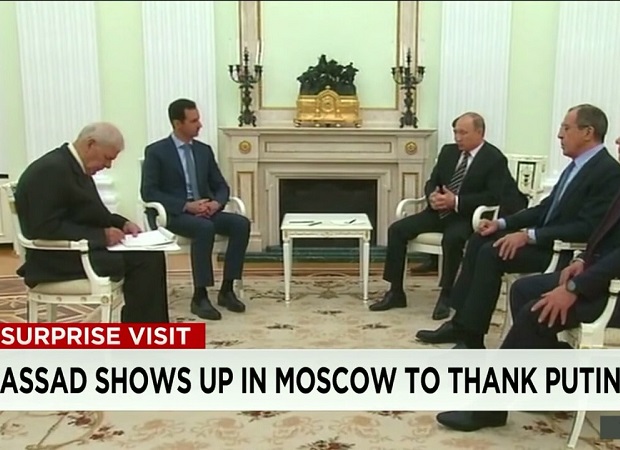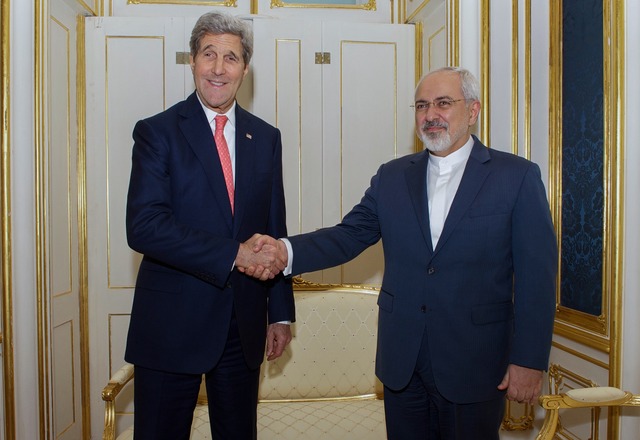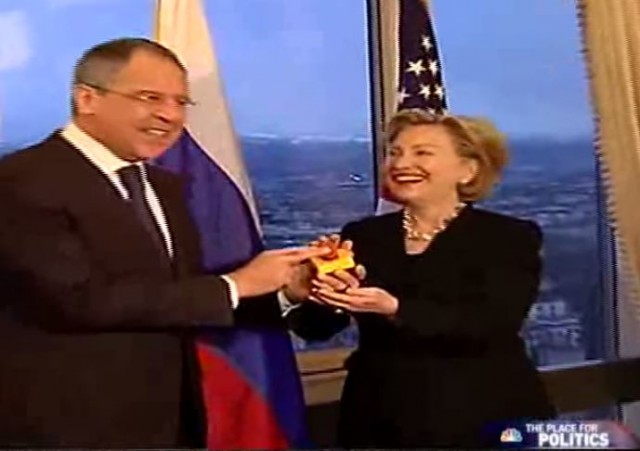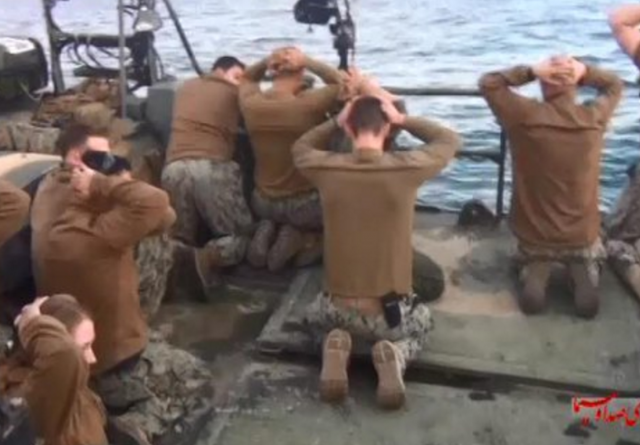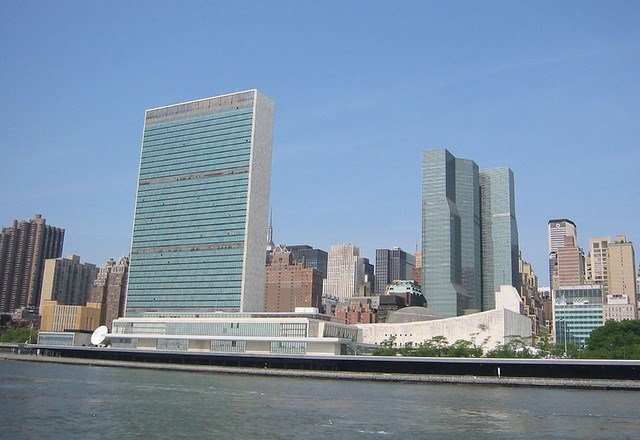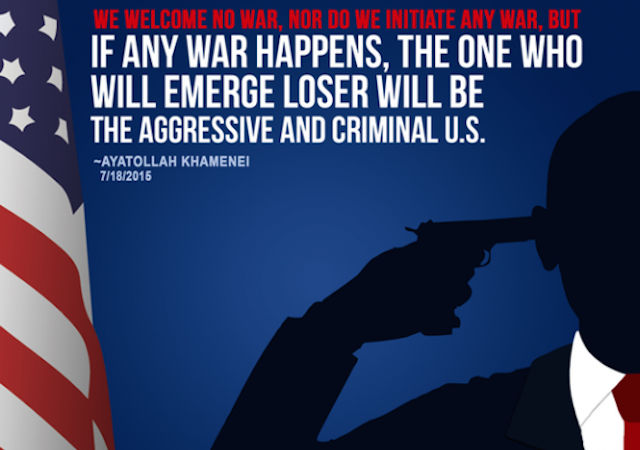Obama Legacy: Dawn of Chinese Empire?
on May 19, 2016
5 Comments
China will play a greater geostrategic role in the Middle East and Africa thanks to the construction of the new transnational corridor. The 2,500 km-long network of highways, railways, pipelines and ports will connect the Western Chinese city of Kashgar with Pakistan's deep-sea port of Gwadar. China-Pakistan Economic Corridor (CPEC), as the project is officially called, comes at an initial cost of $46 billion within the next 10-15 years. The corridor reduces China’s dependence on its main Malacca route. Presently 85 percent of the China's oil imports pass through the single chokepoint of the Strait of Malacca, located between Indonesia and Malaysia.
With Pakistan's ports Gwadar and Karachi under control, Beijing would have direct access to resources and markets in Middle East and Africa. China already operates several ports in Africa, including its first overseas naval and military base near Djibouti, on the Horn of Africa.

